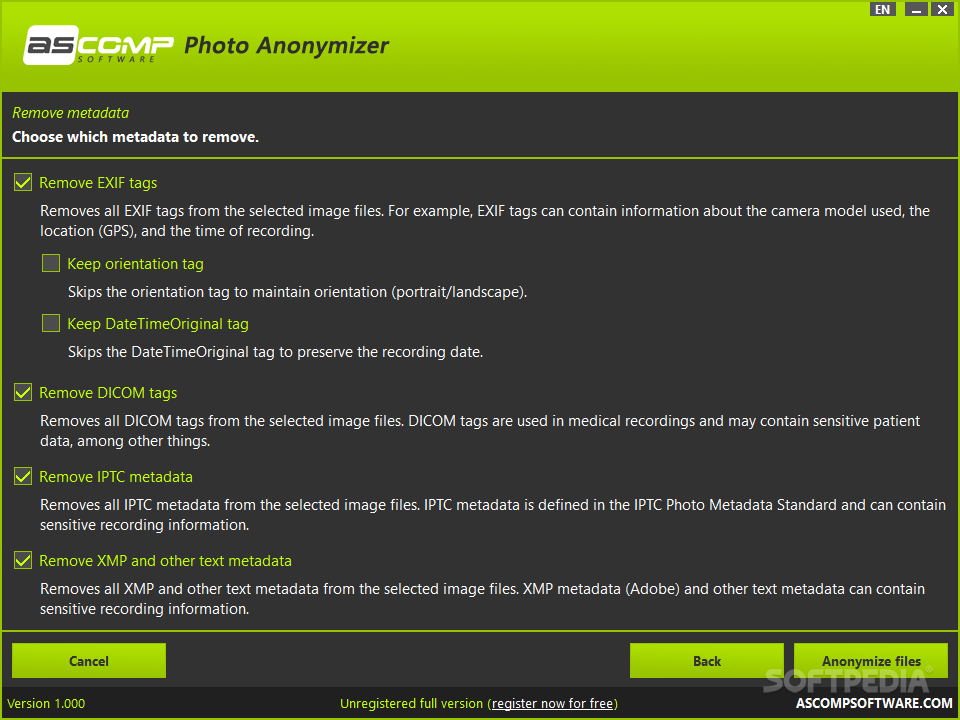

The paper walks through different tools available to citizens to evade internet controls. Democracies can exert meaningful pressure against repressive governments to ease internet blocks, and citizens are able to exercise creative options to circumvent internet controls. The short answer is that there is a multitude of responses available to democracies and civil society organizations to push back against internet blackouts and network disruptions. This paper picks up on this emerging norm and probes several key questions: What can citizens do to evade authoritarian controls and regain internet access? How can democratic governments support these efforts and push back against governments that shut down and block the internet?

Roskomnadzor claimed these measures were enacted in response to new limits imposed by platforms on Russian propaganda outlets-accusing Facebook of “discrimination.” 5 The Kremlin’s crackdown is an ominous signal about where the shutdown struggle is headed in authoritarian countries.ĭespite these bleak trends, there is a growing international consensus-at least among liberal democracies-that protecting internet access is integrally linked to freedoms of expression and association and forms a crucial part of the global democracy and human rights agenda.
ANONYMIZER UNIVERSAL BLOCKS INTERNET WINDOWS 7 FREE
4 Russian authorities have also restricted access to a slew of news websites, including the BBC, Deutsche Welle, Radio Free Europe/Radio Liberty, and Voice of America. 3 On March 14, it added Instagram to the banned list. On March 4, 2022, Roskomnadzor, the Russian internet regulator, announced that it would block Facebook and Twitter and would ban new uploads to TikTok. More >Įvents in Russia have put a finer point on internet shutdown trends. Steven Feldstein is a senior fellow in Carnegie’s Democracy, Conflict, and Governance Program, where he focuses on issues of democracy and technology, human rights, and U.S. 1 Government-instigated internet shutdowns largely took place in relation to five event types: mass demonstrations, military operations and coups, elections, communal violence and religious holidays, and school exams. As Clément Voule, the United Nations special rapporteur on the rights to freedom of peaceful assembly and of association, pointedly observes: “Shutdowns are lasting longer, becoming harder to detect and targeting particular social media and messaging applications and specific localities and communities.” 2 The first five months of 2021 recorded fifty shutdown incidents. Data from the past few years show that incidences of global shutdowns have remained steadily high: 196 documented incidents in 2018, 213 incidents in 2019, and 155 in 2020. Governments worldwide continue to deploy internet shutdowns and network disruptions to quell mass protests, forestall election losses, reinforce military coups, or cut off conflict areas from the outside world. What Are Internet Shutdowns and Where Are Trends Headed?


 0 kommentar(er)
0 kommentar(er)
